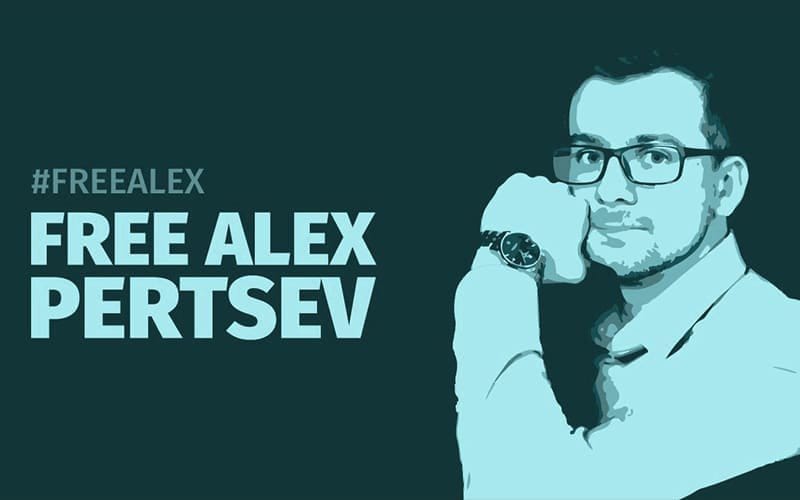Cryptoforex customers who crave privateness protections had rather a lot to be pleased about this previous Thanksgiving.
Two days earlier than the vacation, a unanimous three-judge panel of the Fifth Circuit dominated that the Treasury Department’s Workplace of International Belongings Management (OFAC) had acted in an arbitrary and capricious method not supported by substantial proof when it “overstepped its congressionally defined authority” in sanctioning “Tornado Cash’s open-source, self-executing software” as an alternative of “the rogue persons and entities who abuse it.”
In plain English, Congress didn’t give OFAC the ability to do what it did: sanction software program code owned by nobody.
However let’s again up. As I’ve defined for CoinDesk earlier than, Tornado Cash is a crypto mixer that makes it more durable to hint cryptocurrency transactions. There are numerous legit and authorized makes use of of such a service, however there are unlawful makes use of too. For instance, cyber criminals and hostile state actors have used Tornado Cash and different companies to defend their nefarious acts.
Due to the latter actions, OFAC added many Tornado Cash addresses to its Particularly Designated Nationwide and Blocked Individuals (SDN) listing.
However underneath the related statutory provisions, Congress gave OFAC solely the ability to sanction the property, together with any curiosity within the property, of sure individuals.
And right here, the courtroom, in an opinion written by Choose Don Willett, mentioned that the immutable good contracts at concern didn’t represent property, so OFAC couldn’t sanction them.
The courtroom mentioned “because that element is dispositive, [it] need not address the other elements” at concern within the case. It mentioned that the “district court erred in giving ‘heightened deference’ to OFAC’s definition of ‘property’ and in finding that immutable smart contracts met that definition.”
Due to the U.S. Supreme Court docket’s Loper Brilliant choice from final time period casting off Chevron deference — the requirement that courts defer to company interpretations of ambiguous statutory (and even regulatory!) provisions — the courtroom mentioned it was partaking within the “unremarkable, yet elemental proposition” of making use of its personal judgment to find out what a statute means.
Doing that, the courtroom mentioned that underneath each the plain that means of property and underneath OFAC’s regulatory definition of property, the time period means one thing that may be owned. And on this case, the immutable good contracts at concern didn’t qualify as property as a result of they can’t be owned.
The courtroom went additional, although, and made two factors which may have implications for crypto and good contracts extra broadly.
First, the courtroom mentioned the immutable good contracts at concern will not be themselves contracts — regardless of their deceptive identify and opposite to what the district courtroom held.
Whereas the district courtroom discovered the contracts to be “merely a code-enabled species of unilateral contracts,” the Fifth Circuit panel mentioned that in “so finding, the district court ignored basic principles of black-letter contract law.” It defined that each one contracts require not less than two events, however right here, the immutable good contracts “have only one party in play” as a result of they’re “just software code,” not a celebration who can contract with one other occasion.
The Fifth Circuit made clear that its choice just isn’t opposite to the “blockchain caselaw,” which signifies that some good contracts might, the truth is, perform as contracts as a result of in these different circumstances, not less than two prepared events agreed to enter into the contract. However right here, with the ownerless immutable good contracts, “there is no party with which to contract.”
Second, the courtroom held that the immutable good contracts at concern will not be themselves a service however are “more like a tool that is used in performing a service,” which is “not the same as being a service.”
Lastly, the courtroom ended with a notice on its correct function inside our constitutional system of presidency. It mentioned that whereas it “readily recognize[s] the real-world downsides of certain uncontrollable technology falling outside of OFAC’s sanctioning authority,” courts “must uphold the statutory bargain struck (or mis-struck) by Congress, not tinker with it.” It declined to interact in “judicial lawmaking” by mending the “statute’s blind spots or smoothing out its disruptive effects.” It mentioned to take action “falls outside of [the court’s] lane” as a result of “Legislating is Congress’s job — and Congress’s alone.”
It is unclear whether or not the federal government will ask the total Fifth Circuit to evaluation the choice or whether or not it would ask the U.S. Supreme Court docket to evaluation it. Notably, the Eleventh Circuit nonetheless has a related case pending earlier than it. If it reaches a distinct conclusion or makes use of completely different causes to succeed in even the identical, or an analogous, conclusion, that might inspire the Supreme Court docket to evaluation the case.
In fact, will probably be fascinating to see what place the incoming Trump Administration will tackle this case too. It might very effectively be that the brand new administration will agree that the Biden Administration’s OFAC mustn’t have taken this unprecedented motion.
And, in fact, Congress might all the time act too.
So, for now, it’s excellent news for the crypto group. However the story is way from over.


